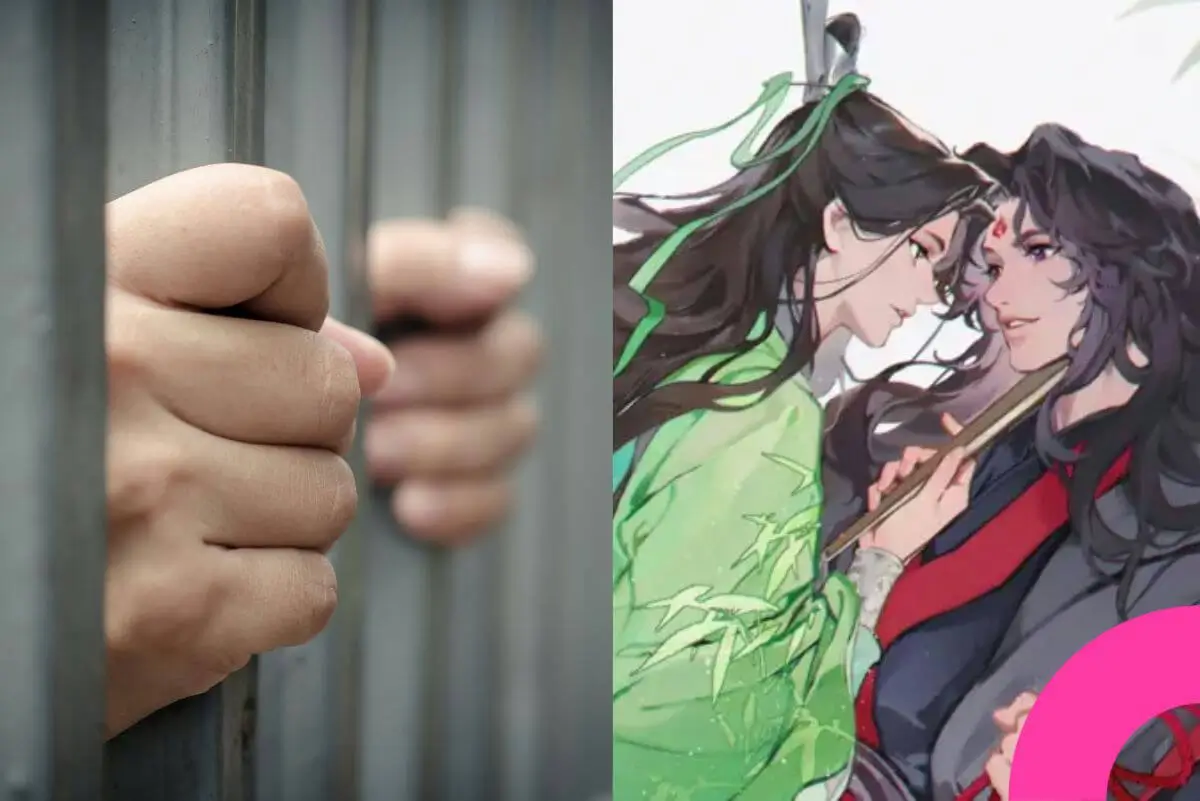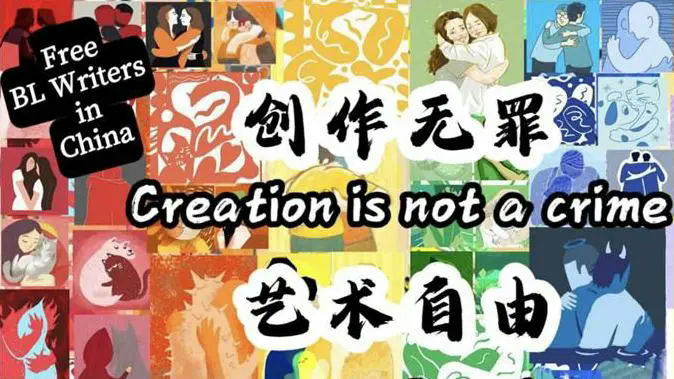
In a sweeping crackdown on gay erotic fiction, Chinese authorities have arrested at least 30 female internet novelists since February 2025, most of them in their twenties, according to The Telegraph.
These writers are being prosecuted under obscenity laws and face prison sentences exceeding ten years for publishing content on platforms like Haitang Literature City—a site popular for LGBTQ+ and BL (boy love) fiction.

The campaign targets a genre deeply rooted in Chinese internet culture. Known locally as danmei (耽美), these stories often depict romantic and erotic relationships between male characters and are widely consumed by a female audience, referred to as fujoshi or “rotten girls.” The genre is inspired by Japanese BL manga but has evolved into a massive digital subculture in China, with several stories even adapted into high-grossing films and dramas.
In 2021 alone, over 60 danmei novels were turned into screen projects, with the most lucrative adaptation rights selling for more than £4 million (USD 5.4 million).
Among the arrested is an author known online as Pingping Anan Yongfu. She briefly recounted her traumatic detention experience in a post on Weibo before deleting it. “I was escorted out in front of others, stripped for inspection, forced to wear a suspect’s vest for photos, and trembled with fear,” she wrote. Her account has since disappeared from the platform after she posted a confession admitting to breaking the law.

While Chinese law decriminalized homosexuality in 1997 and removed it from the list of mental disorders in 2001, LGBTQ+ rights remain limited. Same-sex marriage is not legal, and LGBTQ+ couples are barred from adopting children. Moreover, the Chinese government enforces strict media censorship, often banning non-conforming gender expressions and LGBTQ+ content from mainstream entertainment.
A lawyer interviewed by the BBC confirmed that while most of the detained authors have been released on bail, some remain in custody. Writers who profited from their work may face harsher sentences. The legal basis stems from China’s obscenity laws, which explicitly ban graphic depictions of same-sex relationships, disproportionately affecting creators of LGBTQ+ content over those producing heterosexual erotica.

This wave of arrests echoes a similar case from late 2024, where 50 other writers were prosecuted for hosting banned content on the same site.
Despite the crackdown, the demand for danmei fiction remains strong. Many Chinese netizens and international observers have criticized the authorities’ targeting of female authors and LGBTQ+ content, viewing it as part of a broader effort to suppress non-traditional narratives and sexual identities.
As pressure mounts, many creators are now considering self-censorship or relocating their platforms overseas. But for now, the message from Chinese authorities is clear: LGBTQ+ erotic literature, no matter how fictional, will not be tolerated.





